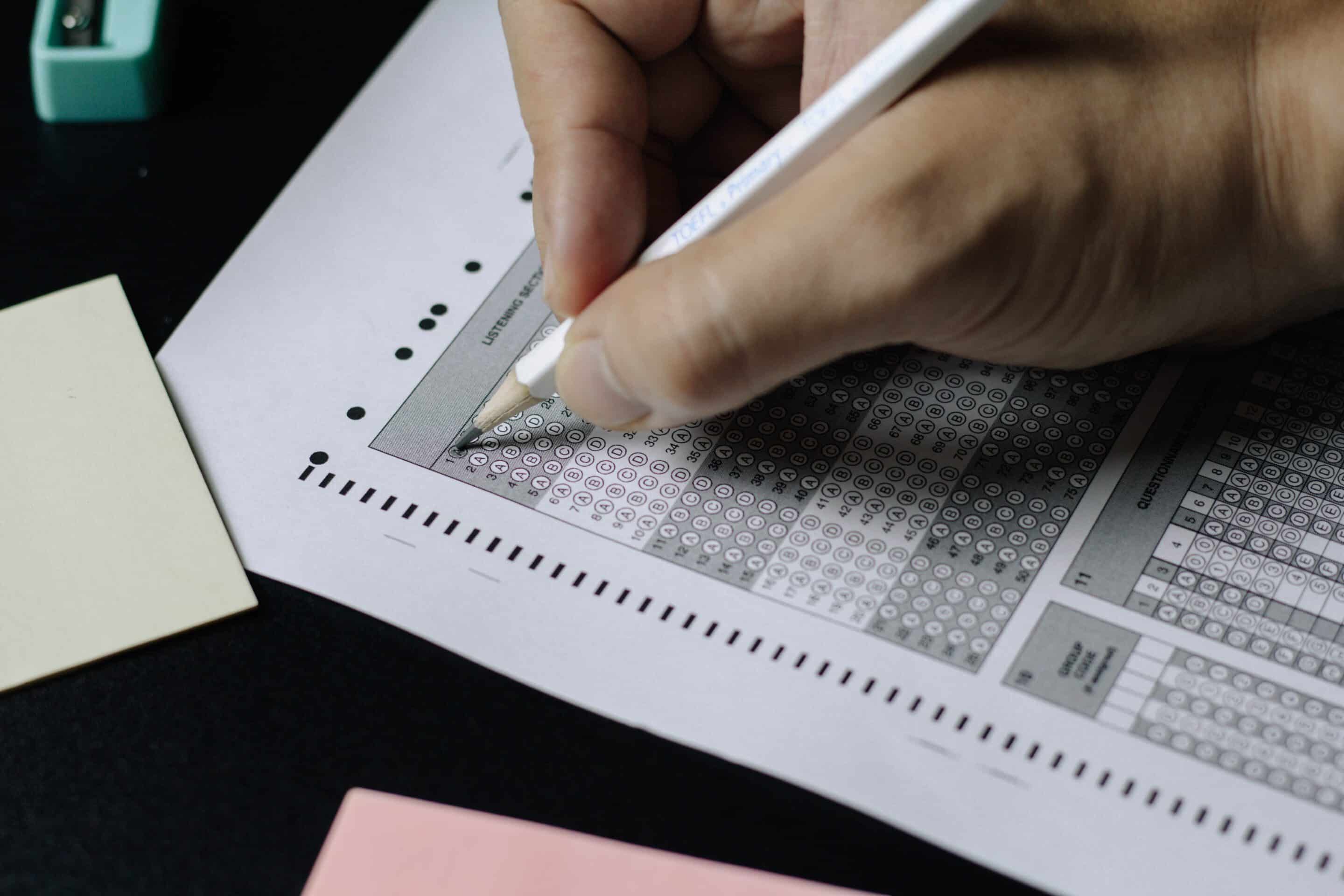In July 2021, Smithsonian Magazine ran an article capturing a question on the minds of many prospective college students and college administrators alike: “Has the Pandemic Put an End to the SAT and ACT?”
In that article, Amber Dance points to the closure of testing centers and the fact that “the pandemic left much of the high school class of 2021 without an SAT or ACT score to submit.” As colleges and universities faced their own pandemic-related enrollment issues and many disruptions, change came quickly. Many schools became “test-optional” while some became “test blind” and completely refused to consider test scores.
Many advocates who had been working on the issue for years before the pandemic saw this as a win for educational equity. As The Daily Orange reported in 2020, a growing swell of opposition framed standardized testing as unfair. The requirements place both an administrative and financial burden in front of resource-strapped students, and “dropping the requirement permanently could create a fairer and more financially accessible admissions process in the long-run” advocates argued.
While it took a worldwide crisis to dismantle the practice on a broad scale, those advocates seem to have gotten their way. A report published in early 2023 showed that 81% of colleges and universities have moved to test-optional admissions policies, a staggering increase over the 47% that did so prior to the pandemic.
Is this a case of ‘be careful what you wish for?’
While the push for removing standardized testing requirements was strong and well-supported, there are many responding with regret and concern over the new state of admissions.
A January 2022 op-ed in The Crimson (Harvard’s newspaper) argued for a standardized testing comeback: “Standardized tests are not the only part of college applications, but they can even out the necessarily irregular system of college readiness measurement that comes with a diverse pool of candidates from many different backgrounds.”
An April 2022 article for The Atlantic saw Professor Kathryn Paige Harden arguing that the removal of standardized testing metrics actually backfired when it came to making things more equitable: “Dropping any admissions requirement is necessarily a decision to weigh other factors more heavily. If other student characteristics, such as essays, recommendations, and coursework, are more strongly correlated with family income than test scores are, then dropping test scores actually tilts the playing field even more in favor of richer students.”
The result of the widespread adoption of test-optional policies is that many administrators, professors, and even students are asking for the practice to return.
Obviously, it’s not as cut and dry as everyone agreeing that the tests are needed, but the complicated debate leaves many prospective college students in limbo.
Should you take a standardized test for a ‘test-optional’ school?
While the policies may change in the future, the reality for many current college applicants is that tests are optional.
That means you have to make a decision: should you take the test(s) or not?
You control the release of your test scores, so it’s usually a good idea to take the test and then decide what you want to do with the results. A high score could help boost your chances of acceptance, especially if it helps balance out a weakness in another portion of your overall application.
It’s also important to consider that admission is not the only goal. Many scholarships will require standardized test scores as part of their application process. You don’t want to shut doors that might otherwise help make a dream school financially possible.
Right now, many schools are putting the ball in students’ courts when it comes to standardized tests. Taking the test can give you a clearer understanding of what move you should make next!




0 Comments